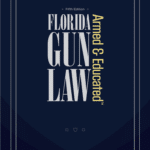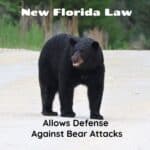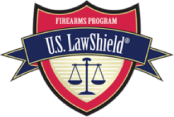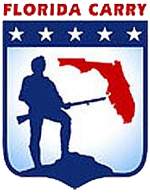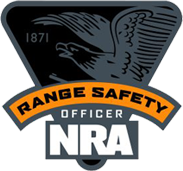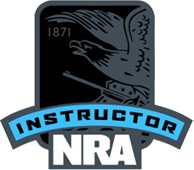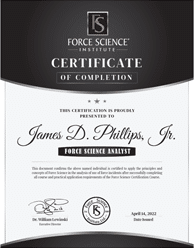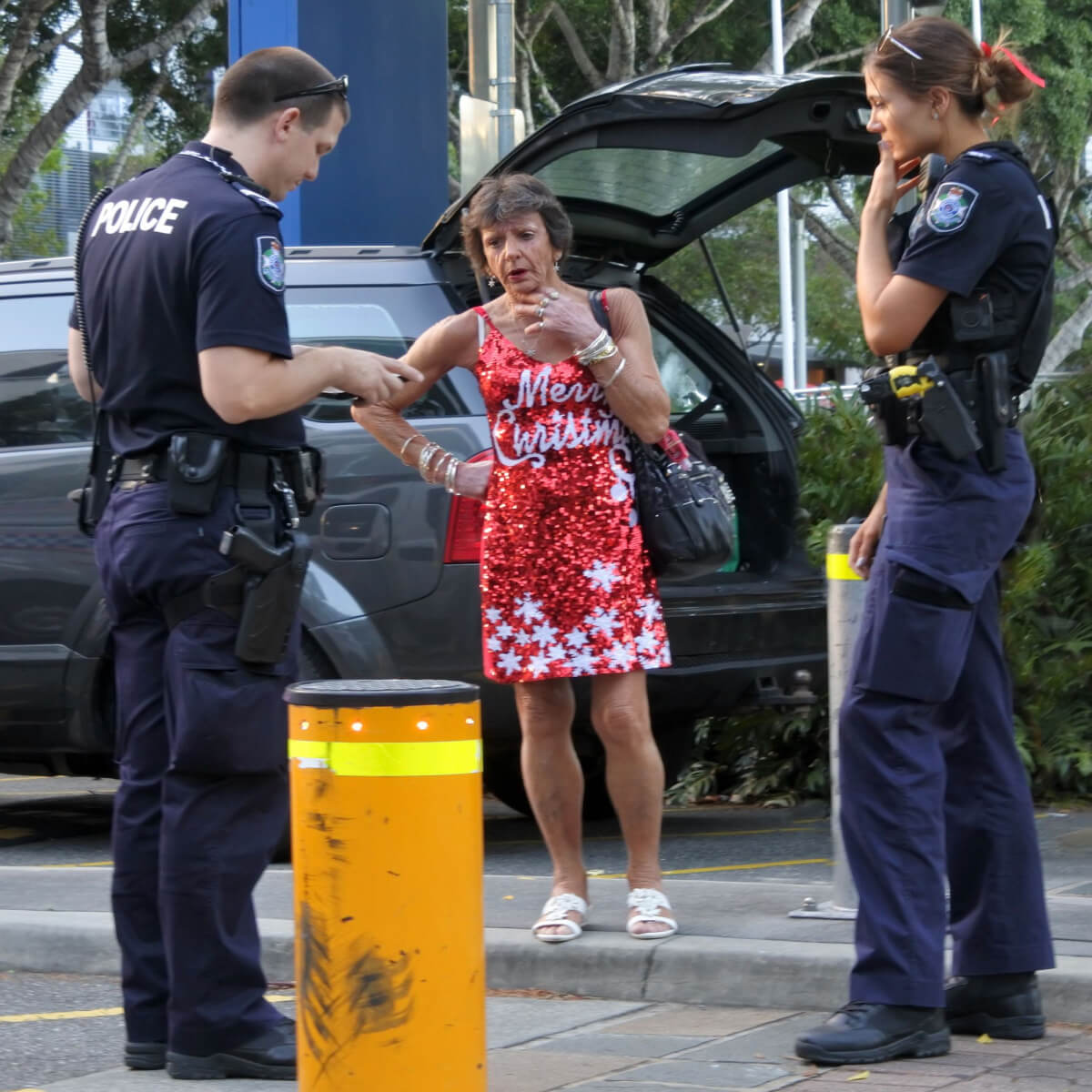
- September 01, 2022
- |
- police encounters
Police Encounters for Citizens: Part 2 – Public and Private Encounters
Police Encounters for Citizens: Part 2 – When & Where
This article is part of our invited guest author series. If you missed part one of this four part series, click here to read it now.
By Travis Birney, Federal Law Enforcement Supervisory Special Agent, Firearms Instructor, Tactical Instructor with 25+ years’ experience. The opinions expressed are those of the author and do not reflect the position of any particular law enforcement agency.
Police encounters occur in public areas and on private property. Most of us don’t have daily encounters with the police so it is a bit of an anomaly. When we do meet with them, 9 times out of 10 it is on the side of the road due to a driving infraction. But what about when things are serious? If you have had to draw your weapon to defend your life, whether you fired it or not, the odds are there will be police officers talking to you in your very near future. You might not even be involved. You may have witnessed a robbery at the gas station or your neighbors having a domestic dispute in front of their house. You may just be nearby where an incident occurred and have no knowledge of what happened.
Police Encounters in Public Areas – You were not involved
There are several places these types of encounters are likely to occur. The first we will discuss is a police encounter in a public area but you aren’t involved. Crimes like robbery and physical assaults often happen in public areas. If you are nearby you may be approached because you match the physical description of the suspect. These descriptions are typically very broad such as “average height and build; wearing white shirt and dark pants.” Refusing to give your name or identification will certainly seem suspicious to an officer and will have them concentrating on you for a significant length of time. Offering your identification (they will call dispatch have dispatch run your name for active warrants), and briefly answering questions of why you are there and what you have been doing will probably have the officer moving on to find someone else fairly quickly.
Police Encounters in Public Areas – You Were Involved
The second time you are likely to have a police encounter in public is when you are involved in an incident. In this scenario, you must be more careful because what you say and do is likely to be used against you later. Answering who you are and providing identification is a positive step forward. They are going to ultimately identify you one way or another. Your identity does nothing to prove guilt or innocence, but it goes a long way in showing you are not trying to antagonize them needlessly. Secondly, giving them a brief statement about whether the area is now safe or if people are still in danger is the sensible thing to do. If there is still a gunman or a mentally disturbed person in the area, please tell them and give a description of where they were last seen. The Chicago Police Department has a webpage with information that is important to give to police when describing a witness. View that information by clicking here. You may be saving someone’s life. If you don’t tell them there is a dangerous person in the area and they find out later, any sympathy for you and your plight will quickly evaporate from both law enforcement and the prosecutors. But that is about all you should tell them. If you were involved, simply saying, “I would like to speak with my attorney before I answer any questions” is perfectly acceptable and most officers will immediately understand.
Police Encounters in Private Settings
As opposed to police encounters in public, the third scenario where you may encounter police is in a private setting, typically your home. In this case, you are most definitely involved. Whether it is a domestic dispute or simply an annoying neighbor calling about your music, the police are there to talk specifically to you and everyone else in the house or apartment. Police do not automatically have the right to come in and search your home. If they see evidence of a crime such as broken furniture, black eyes or bloody knuckles, they do have the right to come in to protect the innocent. The same rules apply. If this is a misunderstanding, I would be willing to bring everyone to the front door and talk to the officer to explain no one is hurt. If the situation is more serious, I would only give my name, identification, and answer truthfully whether or not I had a weapon on me. After that, I would ask to speak to an attorney.
Ask to Speak With Your Attorney.
When you are approached by the police understand that something serious has occurred, they were sent there, and they have very little information. If they sound accusatory, curt, or rude, it may simply be a lack of information about the circumstances. That said, your first priority is to protect yourself. If you are not involved in any way or you were simply a witness, giving your name and a brief description of what you know will be immensely helpful and typically will have the officer moving on. If you are involved, whether you were the victim or not, you should ask to speak to your attorney.
Get in touch

"*" indicates required fields
Copyright © 2022-2025 The Firearm Firm All rights reserved.

